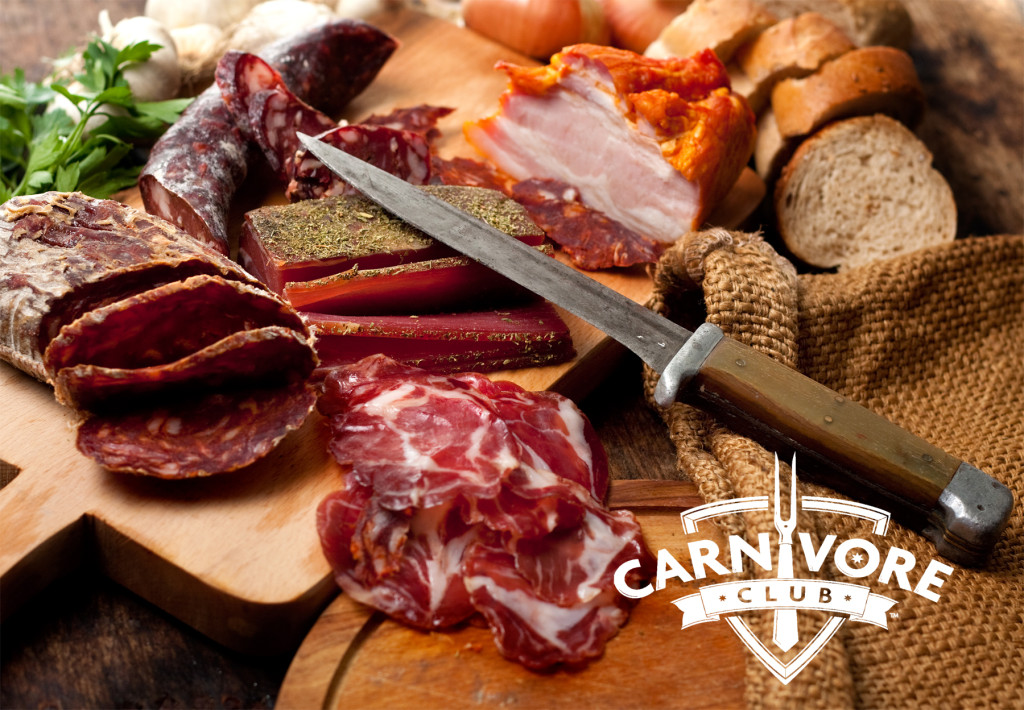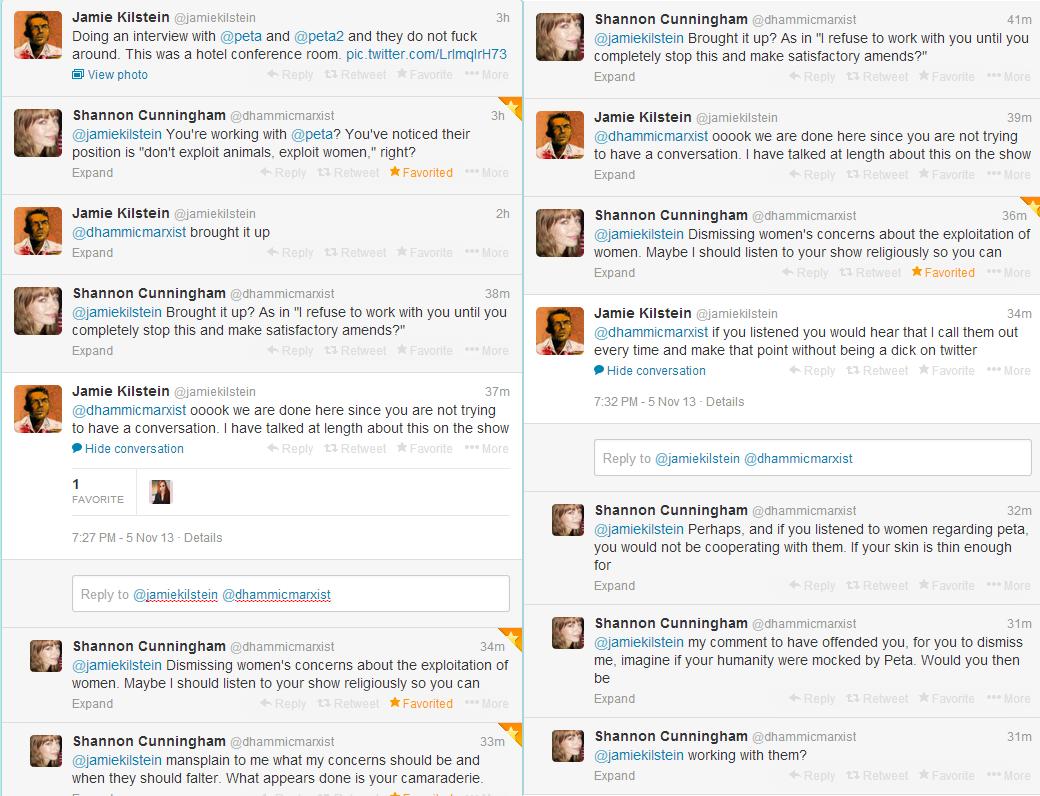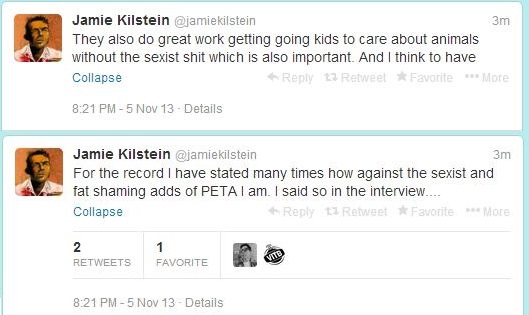By marv wheale
Neither capital nor labor tend to consider women as a sex class beneath men. Both economic classes are prone to treat sexual relations as private, naturalist, voluntaristic, thereby not collectively antagonistic. Sexual equality is generally perceived as almost a given by men and women of the lower and middle economic classes. They acknowledge some irrational differences that manifest because of poverty and cultural discrimination. Racism is frequently explained along the same lines. Celebrating diversity and commonality are deemed as the answers to sex and race prejudice. Full gender and race equality will be achieved in an economic classless society, they think. So sex and race relations are subsumed into the class struggle and defined in primarily economic terms. At the same time men and women in the capitalist class are mostly white at least in developed nations. They often admit that women, especially women of color and of aboriginal descent (minority men as well) do not have equal economic power to white men but this will be resolved over time with more awareness, education and acceptance of differences. These elite, not unlike their subordinate classes, are resistant to the idea that there is a systemic sex and race division of power inside and outside the marketplace and the state.
In fact the sexes and races are classes too. Anyone who understands social classes knows that they refer to power inequalities not bigotry. Male dominance is a sex class. It signifies the political forms men’s power has taken over time: the sexual allocation of childcare and labour, pornography, sexual harassment, stripping, burlesque, beauty practices, rape, prostitution, battering, obligatory heterosexuality, homophobia, transphobia, the state, capitalism, colonization, the military, etc. Women assimilate into these constructs. They did not determine them. Hence male supremacy is institutional sexism not a natural or solely individual phenomenon. In terms of race class, it was white men in Europe, Australia and North America who organized the government, economy, servitude of men and women of colour, segregation and the occupation of indigenous lands – all illustrations of institutional racism.
As a correlation think about capitalism. Capitalists and workers do not have the same power to dictate each other’s lives. It would be ludicrous to believe that capital is not dominant over labour and that mistrust and intolerance are the causes of the ill feelings towards each other. To see the enmity in economic class divisions as a result of reciprocal misunderstandings would be an obscene misrepresentation of reality. Capitalist rule is institutional economic classism. Mutual respect, dialogue and compromise are not the solutions here to power and powerlessness; abolition is, at the system design level.
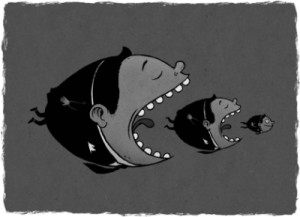
Many millennia ago males constructed masculinity thereby creating femininity out of females, causing the rise of the sex class hierarchy. When women were privatized and isolated into pair bonding/marriage it obscured their sex class status and the systemic violence towards them. Conjugality kept them divided against themselves by publicly declaring their primary identification as spouse/wife. Women’s lower economic status is shrouded as well when they marry men because men generally have more wealth. What’s more, women mediate economic class relations between men when they marry across (and within) class lines. Women serve to ease monetary and race class hostility by having men of different classes bond across women’s bodies providing political stability and legitimacy to the whole class system.
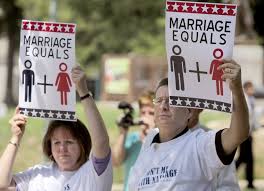
As noted by Cheryl Abbate the ascendancy of the male gender is obvious on the basis of aggression alone: “The idea that masculinity is responsible for violence, including sexual assault, is rarely disputed. As Kilmartin points out, the vast majority of violent acts are committed by males, leading us to conclude that there is a high correlation between masculinity and aggression (Kilmartin 1994, 211). According to the FBI (2011), approximately 90% of violent crimes in the United States are committed by men.”
Male dominance exists cross culturally in common and particular local forms too. Women are inferior everywhere in terms of the gendered/sex lines of power. Trouble is, the partitioning is usually defined as the biological sex differences by men (and many women) concealing its sexual politics. When the Left admits that austerity measures and poverty affect women, First Nations and people of colour more than white men, it seems to be aware of the centrality of white male privilege; but the Left doesn’t honestly face the universal historicity of patriarchy, preceding and following primitive accumulation.
Since all the world is a structural stage and the central element is patriarchy, gender conditions our choices in sexual relations in conjunction with capitalism in economic relations. No one purely chooses heterosexuality no matter how much consent there is because the assent is shaped by inequality. Heteronormativity under male imperialism is (man)datory whether it be monogamy, sexual harassment, pornography, prostitution or polyandrous relations. As mentioned earlier, in western countries male monopoly is integrated with white supremacy as the public setting for people of color. The difference is that many progressives suppose race classes should be undone while the majority uphold masculinity and femininity as innate. They only want femininity to be as socially valued and empowering as masculinity. Liberal feminists take this viewpoint that sex work, cosmetics, BDSM, marriage and housework can be liberating.
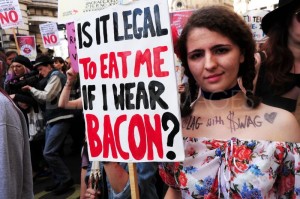
The following rhetorical questions should resonate with socialists and feminists alike : Do workers meaningfully choose their type of work or place of work? Have women played an equal part with men in conceiving and building the major institutions of society? If working conditions improve would oppression disappear? If women are granted greater legal protection from male violence does their exploitation vanish? If you have satisfying and high paying work, does that imply your work is not exploited? If a woman has high status in society by male standards does that mean she isn’t discriminated against or sexually objectified? As feminist scholar Catharine Mackinnon once said, is “a good fuck…any compensation for getting fucked?” I hope we all have honest answers to these questions. Apply race to these queries, which we must, and you will have another layer of subordination alongside and below white women. Add colonization, sexual orientation, age, disability, body shape and biosphere debasement to the equation, and more intertwining injustices come to light.
Women and Nonhuman Animals
Capitalists, socialists and anarchists have other conceptual barriers linked to male hegemony: an aversion to regarding nonhuman animals as a subjected class. Moreover these speciesist androcentrists dismiss women’s rank in interrelationship to animals’ position. The comparative mirror reveals the oppressions are not the same: women aren’t eaten and animals aren’t usually men’s sexual fetishes, for examples. Nonetheless there are numerous similarities. Dog and pony shows are analogous to beauty pageants and runway modelling.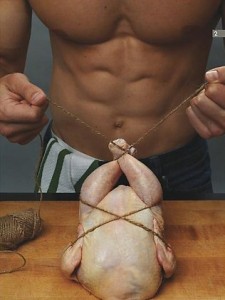 Animals are imprisoned and assaulted in our homes, corrals, barns, laboratories, rodeos, horse races, circuses, zoos, aquariums and fight rings. Women are detained and abused in prostitution, brothels, rape camps, strip clubs, peep shows and in their homes. It is men who typically control these forms of enslavement of women and animals. Domesticated animals are cooked and photographed in sexual postures as the pornography of meat. Women are sexually depersonalized in and by pornography. Harassment is common to either group. Animals and women are most frequently killed by men, and some women have been slaughtered, eviscerated and dismembered like animals by men. In addition, societal assumptions in general that animals “exist” for human welfare should not sound totally different from women’s experiences under male expectations. Even the therapeutic role animals and women play correlate. Most people live their entire lives without learning of the barbarity that occurs behind the closed doors of brothels, pornography studios, massage parlours, sex trafficking, strip clubs and private dwellings on the one hand, and slaughterhouses, vivisection labs, animal entertainment industries, animal traffickers, product-testing facilities, factory farms and households on the other. The business of exploiting women and animals for pleasure, convenience, amusement, taste and moneymaking is intentionally well hidden. Disclosure would undermine the power and profit of male capitalist and socialist enterprises. Men must have their sex and steak at all costs.
Animals are imprisoned and assaulted in our homes, corrals, barns, laboratories, rodeos, horse races, circuses, zoos, aquariums and fight rings. Women are detained and abused in prostitution, brothels, rape camps, strip clubs, peep shows and in their homes. It is men who typically control these forms of enslavement of women and animals. Domesticated animals are cooked and photographed in sexual postures as the pornography of meat. Women are sexually depersonalized in and by pornography. Harassment is common to either group. Animals and women are most frequently killed by men, and some women have been slaughtered, eviscerated and dismembered like animals by men. In addition, societal assumptions in general that animals “exist” for human welfare should not sound totally different from women’s experiences under male expectations. Even the therapeutic role animals and women play correlate. Most people live their entire lives without learning of the barbarity that occurs behind the closed doors of brothels, pornography studios, massage parlours, sex trafficking, strip clubs and private dwellings on the one hand, and slaughterhouses, vivisection labs, animal entertainment industries, animal traffickers, product-testing facilities, factory farms and households on the other. The business of exploiting women and animals for pleasure, convenience, amusement, taste and moneymaking is intentionally well hidden. Disclosure would undermine the power and profit of male capitalist and socialist enterprises. Men must have their sex and steak at all costs.

The truth of the interrelationship of patriarchy, capitalism and speciesism is revealed by vegan feminists who believe it is crucial not to conflate them in ways that are fanciful and offensive to women or untrue of animals. When relating the rape of women and farmed animals for instance, Corey Lee Wrenn calls for respect: “Knowing that about 1 in 3 women have or will be raped, I find it extremely inappropriate to utilize rape imagery to promote veganism. First off, our primary audience is women. If 80% of the movement is women, and 1 in 3 women are rape victims, that means that more than 27% of our movement (or more than 1 in 4 activists) are likely to have been the victim of rape. Any rape victim can tell you, seeing images of rape or reading graphic descriptions is extremely triggering. It is also revictimizing when it is made obvious that our community doesn’t care enough about our safety to avoid using our experiences for animal rights claims on our behalf.” A discerning approach is always necessary to examine these oppressions together and separately.
Transforming Cognizance
Vegan feminists unmask and demystify our personal identities. Part of seeing through the identity fog means admitting the delusions we took for granted, the “habitual patterns” – the assigned gender hierarchies of masculinity and femininity, human species superiority and capital control – reinforced through millions and millions of moments of social learning. Before “awakening” we thought it wasn’t possible for things to be any other way as if these tendencies were an unchanging part of human nature (coming from the stork or written in the stars). These assumptions easily perpetuated themselves because they are some of the most unquestioned beliefs we have. As we begin to grow in consciousness and apprehend the alternatives to the prison of gender roles, non-human animal inferiority and labour submission, we become unstuck from oppressive attitudes. Declaring a primary loyalty to women’s or animals’ or workers’ liberation is now regarded as a misconceived notion. They are different, interrelated and of equal value. There is no complete separation among them when each is understood as they actually exist in the context of patriarchal systems and rules.
All this illustrates the extraordinary power and influence of male ideologies over our consciousness, unconsciousness and societal institutions. They render dissenting views like the abolition of pornstitution, animal products and capitalism as absurd and unintelligible – it has always been this way so it must be this way. Overcoming the suppression of freedom of expression by male dogma is daunting but achievable. Promoting veganism is an essential though utterly deficient way forward. Political engagement in women’s, people of colour’s, workers’ and other species’ emancipation from patriarchal organizational injustice is the ultimate solution. Single issue approaches focusing on higher status animals as in dogs, cats, bears, whales, dolphins, sharks, elephants, tigers, gorillas, etc., does not constitute a serious engagement with comprehensive structural violence when they omit contextual analyses and strategies.
Feminism, Anti-Capitalism and Anti-Specieisism
That deep feminism is the missing underpinning of anti-speciesist socialist/left/anarchist analyses is another point of this reflection. Some pro-animal revolutionaries from these traditions agree that all oppressions including sexism are entangled. However they are reluctant to admit that men, often white males, have dominated the top tiers of monarchial, feudalist, religious, slavery, animal industry, state, military, capitalist, colonialist, family and pornstitution systems. The animalist left typically denies that the male sex class could well be the enveloping power of all social hierarchies throughout (his)tory. Patriarchy was never unvarying. It evolved in various ways depending on how societies were organized within the hierarchies of men of which women and animals had little decision making power. It would be more factual therefore to resolve other class struggles within the broader sex class struggle. Male supremacy should be emphasized as the first among equal subjections rather than one structure among many. Opting for an “interlocking equal oppressions method” has the effect of minimizing foundational sources and influences even though women oppress animals, women capitalists have power over their workers and white women as a group have advantages over people of colour.
How can we devise appropriate strategies to change the world if we don’t analyze it accurately?
Note: Few of the ideas in this post originate with me. The principal ones stem from feminists like Cheryl Abbate and Corey Lee Wrenn who have taught me how to think rationally, critically and inclusively, something my non-feminist teachers failed to do.

 Dr. Wrenn is Lecturer of Sociology. She received her Ph.D. in Sociology with Colorado State University in 2016. She received her M.S. in Sociology in 2008 and her B.A. in Political Science in 2005, both from Virginia Tech. She was awarded Exemplary Diversity Scholar, 2016 by the University of Michigan’s National Center for Institutional Diversity. She served as council member with the American Sociological Association’s Animals & Society section (2013-2016) and was elected Chair in 2018. She serves as Book Review Editor to Society & Animals and has contributed to the Human-Animal Studies Images and Cinema blogs for the Animals and Society Institute. She has been published in several peer-reviewed academic journals including the Journal of Gender Studies, Feminist Media Studies, Disability & Society, Food, Culture & Society, and Society & Animals. In July 2013, she founded the Vegan Feminist Network, an academic-activist project engaging intersectional social justice praxis. She is the author of A Rational Approach to Animal Rights: Extensions in Abolitionist Theory (Palgrave MacMillan 2016).
Dr. Wrenn is Lecturer of Sociology. She received her Ph.D. in Sociology with Colorado State University in 2016. She received her M.S. in Sociology in 2008 and her B.A. in Political Science in 2005, both from Virginia Tech. She was awarded Exemplary Diversity Scholar, 2016 by the University of Michigan’s National Center for Institutional Diversity. She served as council member with the American Sociological Association’s Animals & Society section (2013-2016) and was elected Chair in 2018. She serves as Book Review Editor to Society & Animals and has contributed to the Human-Animal Studies Images and Cinema blogs for the Animals and Society Institute. She has been published in several peer-reviewed academic journals including the Journal of Gender Studies, Feminist Media Studies, Disability & Society, Food, Culture & Society, and Society & Animals. In July 2013, she founded the Vegan Feminist Network, an academic-activist project engaging intersectional social justice praxis. She is the author of A Rational Approach to Animal Rights: Extensions in Abolitionist Theory (Palgrave MacMillan 2016).





 Animals are imprisoned and assaulted in our homes, corrals, barns, laboratories, rodeos, horse races, circuses, zoos, aquariums and fight rings. Women are detained and abused in prostitution, brothels, rape camps, strip clubs, peep shows and in their homes. It is men who typically control these forms of enslavement of women and animals. Domesticated animals are cooked and photographed in sexual postures as the pornography of meat. Women are sexually depersonalized in and by pornography. Harassment is common to either group. Animals and women are most frequently killed by men, and some women have been slaughtered, eviscerated and dismembered like animals by men. In addition, societal assumptions in general that animals “exist” for human welfare should not sound totally different from women’s experiences under male expectations. Even the therapeutic role animals and women play correlate. Most people live their entire lives without learning of the barbarity that occurs behind the closed doors of brothels, pornography studios, massage parlours, sex trafficking, strip clubs and private dwellings on the one hand, and slaughterhouses, vivisection labs, animal entertainment industries, animal traffickers, product-testing facilities, factory farms and households on the other. The business of exploiting women and animals for pleasure, convenience, amusement, taste and moneymaking is intentionally well hidden. Disclosure would undermine the power and profit of male capitalist and socialist enterprises. Men must have their sex and steak at all costs.
Animals are imprisoned and assaulted in our homes, corrals, barns, laboratories, rodeos, horse races, circuses, zoos, aquariums and fight rings. Women are detained and abused in prostitution, brothels, rape camps, strip clubs, peep shows and in their homes. It is men who typically control these forms of enslavement of women and animals. Domesticated animals are cooked and photographed in sexual postures as the pornography of meat. Women are sexually depersonalized in and by pornography. Harassment is common to either group. Animals and women are most frequently killed by men, and some women have been slaughtered, eviscerated and dismembered like animals by men. In addition, societal assumptions in general that animals “exist” for human welfare should not sound totally different from women’s experiences under male expectations. Even the therapeutic role animals and women play correlate. Most people live their entire lives without learning of the barbarity that occurs behind the closed doors of brothels, pornography studios, massage parlours, sex trafficking, strip clubs and private dwellings on the one hand, and slaughterhouses, vivisection labs, animal entertainment industries, animal traffickers, product-testing facilities, factory farms and households on the other. The business of exploiting women and animals for pleasure, convenience, amusement, taste and moneymaking is intentionally well hidden. Disclosure would undermine the power and profit of male capitalist and socialist enterprises. Men must have their sex and steak at all costs.


